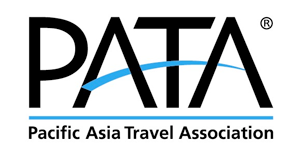he International Air Transport Association (IATA) has issued a strong statement of disapproval following the Global Solidarity Levies Task Force’s (GSLTF) recommendation to target the airline industry with new levies to fund global development and climate action efforts.
Labeling the move as “deeply disappointing,” IATA criticized the lack of economic foresight in the proposal, which it said could extract over USD 90 billion annually from the sector—three times the global airline industry’s projected profits of USD 32.4 billion in 2024.
IATA Director-General Willie Walsh argued that air transportation is an essential economic lifeline, not a cash cow. “Governments are proposing to tax flyers beyond the industry’s capacity, without understanding the real-world consequences,” he said. Walsh added that this would undermine global connectivity, tourism, and supply chains, especially affecting developing countries the GSLTF claims to support.
The association also emphasized that aviation is already committing USD 4.7 trillion through 2050 to achieve net zero carbon emissions, primarily through Sustainable Aviation Fuel (SAF), improved technology, and operational efficiency. Imposing additional taxes would reduce the industry’s capacity to meet these goals.
Furthermore, IATA highlighted that the CORSIA framework, a globally agreed climate mechanism under the International Civil Aviation Organization (ICAO), is already in place. The GSLTF’s proposed overlapping measures risk undermining this international consensus.
Independent research commissioned by IATA showed public skepticism, with 73% of respondents viewing green taxes as government greenwashing and 88% insisting such taxes should be reinvested to improve air travel. Only 9% supported taxation as the best way to reduce aviation’s carbon footprint, with greater preference for SAF investments and emissions-reduction technologies.
Walsh concluded: “The GSLTF’s recommendations are counterproductive and economically damaging. If global solidarity is the goal, then governments should work with—not against—the aviation industry to drive sustainable progress.”
- TAGS / KEYWORDS:
- trending#1


















.png)














